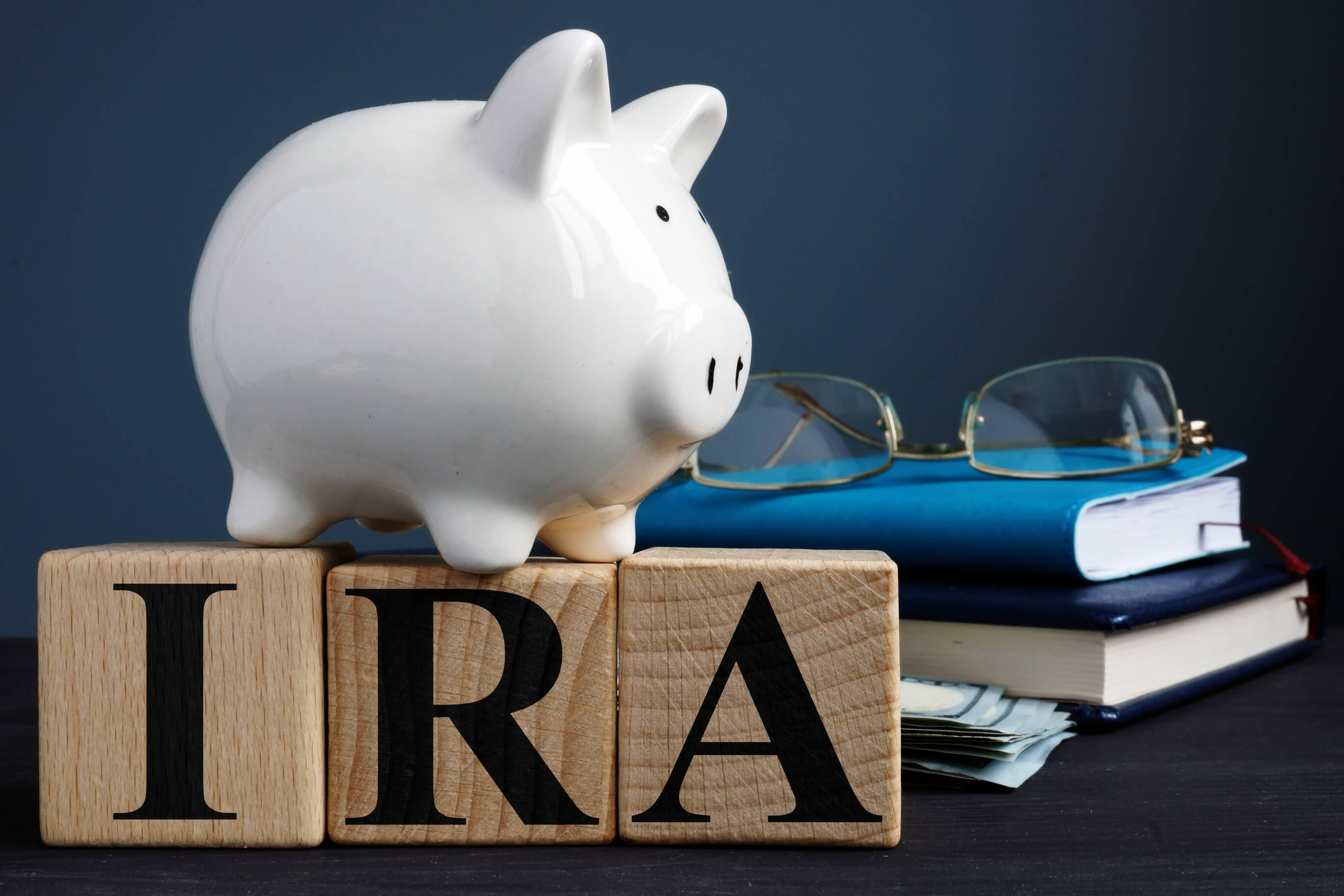Retirement and Taxes
Understanding IRAs: IRAs can provide financial security for your retirement.

Individual Retirement Arrangements, or IRAs, provide tax incentives for you to make investments that can provide financial security for your retirement. These accounts can be set up with a bank or other financial institution, a life insurance company, mutual fund, or stockbroker.
Types of Retirement Savings Account
- Contribution
A contribution is the money you put into your IRA. There are annual limits to contributions depending on your age and the type of IRA you have. Generally, you or your spouse must have earned income to contribute to an IRA.
- Distribution
A distribution is the amount you withdraw from your IRA.
- Withdraws
You may face a 10% penalty and a tax bill if you withdraw money before age 59 ½ unless you qualify for an exception.
- Required Distribution
There are requirements for withdrawing from an IRA:
-
- You generally must start taking withdrawals from your IRA when you reach age 70½.
- Per the 2019 SECURE Act, if your 70th birthday is on or after July 1, 2019, you do not have to take withdrawals until age 72.
- Special distribution rules apply for IRA beneficiaries.
- Traditional IRA
Contributions to traditional IRA’s may be tax-deductible. Generally, the amounts in a traditional IRA are not taxed until they are withdrawn.
- Roth IRA
Roth IRAs are subject to the same rules as a traditional IRA but with certain exceptions:
-
- You cannot deduct contributions to a Roth IRA.
- Qualified distributions are tax-free.
- Roth IRAs do not require withdrawals until after the death of the owner.
- Savings Incentive Match Plan for Employees
This is commonly known as a SIMPLE IRA. Employees and employers may contribute to traditional IRAs set up for employees. It may work well as a start-up retirement savings plan for small employers.
- Simplified Employee Pension
This is known as a SEP-IRA. An employer can make contributions toward their own retirement and their employees’ retirement. The employee owns and controls a SEP.
- Rollover IRA
A rollover IRA is when you receive a payment from your retirement plan and deposit it into a different IRA within 60 days.
A Final Note
If you have questions about your retirement plan, contact your tax professional or financial advisor.
For the most recent copy of our newsletter or to subscribe, check out the Resources page on our website.
Stay safe. Stay well.
Bayshore CPA’s, P.A. are your local Certified Public Accountants
and Tax Resolution Specialists conveniently located
in Mooresville, North Carolina
Image: Photo 133563235 © Designer491 – Dreamstime.com